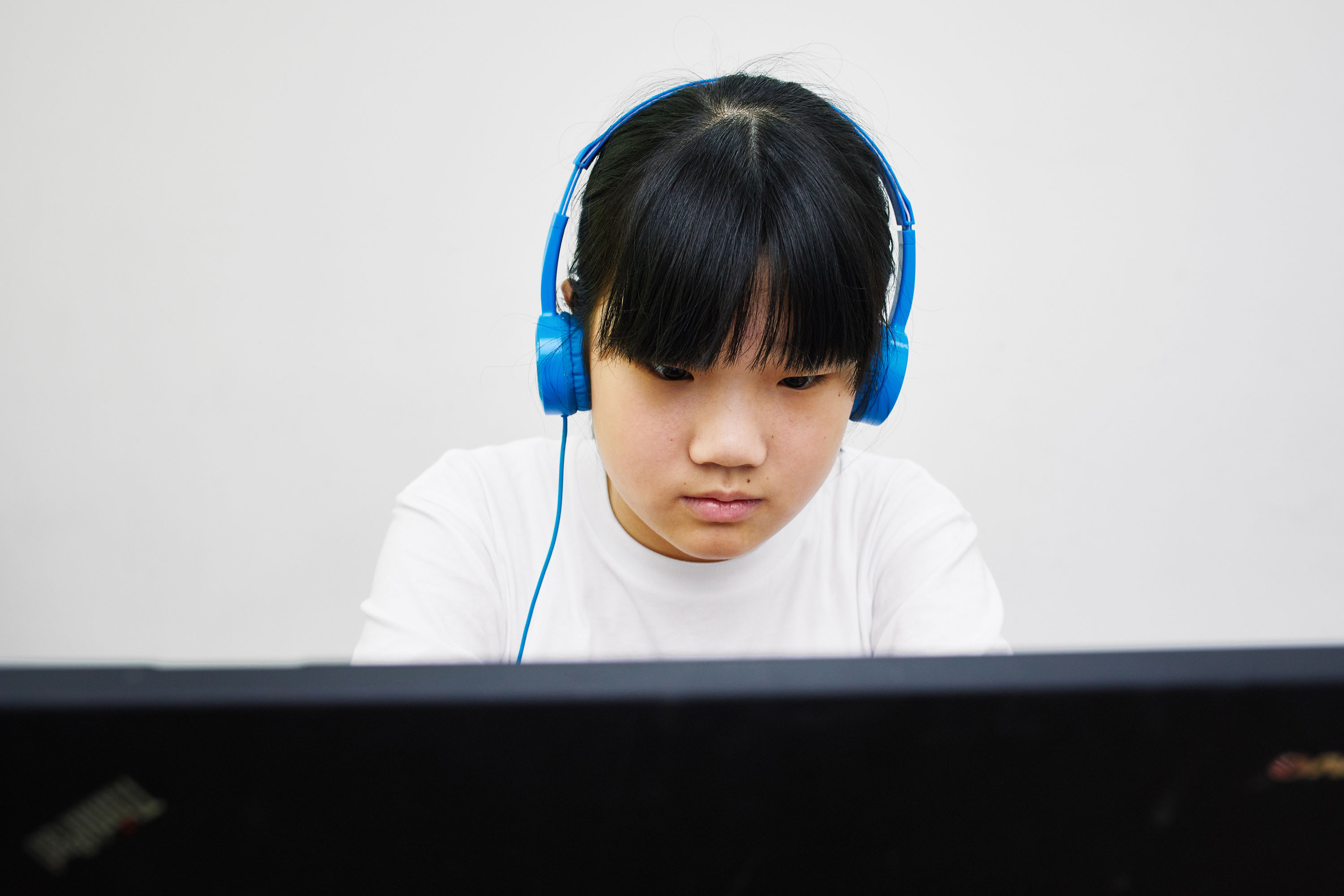
The pandemic of COVID-19 has presented both challenges and opportunities for medical education. Remote learning technology has grown in popularity in a variety of fields. According to a new study, an artificial intelligence (AI) tutoring system can outperform expert human instructors in a remote environment.
Seventy medical students were recruited by The Neuro (Montreal Neurological Institute-Hospital) Neurosurgical Simulation and Artificial Intelligence Learning Centre to perform virtual brain tumor removals on a neurosurgical simulator. Students were randomly assigned to either an AI tutor or a remote expert instructor for instruction and feedback, with a third control group receiving no instruction.

The Virtual Operative Assistant (VOA), an AI-powered tutor, used a machine-learning algorithm to teach safe and efficient surgical techniques and provided personalized feedback, while a deep learning Intelligent Continuous Expertise Monitoring System (ICEMS) and a panel of experts assessed student performance.
Remote instructors watched a live feed of the surgical simulations and provided feedback based on the student’s performance in the other group.
Researchers discovered that students who received VOA instruction and feedback learned surgical skills 2.6 times faster and performed 36% better than those who received instruction and feedback from remote instructors. And, despite the fact that researchers expected VOA students to experience more stress and negative emotion, they found no significant difference between the two groups.

“Intelligent tutoring systems can use a variety of simulation platforms to provide nearly unlimited opportunities for repetitive practice without the constraints imposed by the availability of supervision,” says the study’s first author, Ali Fazlollahi. “We can be better prepared for ever-changing future challenges with continued research, increased development, and dissemination of intelligent tutoring systems.”
